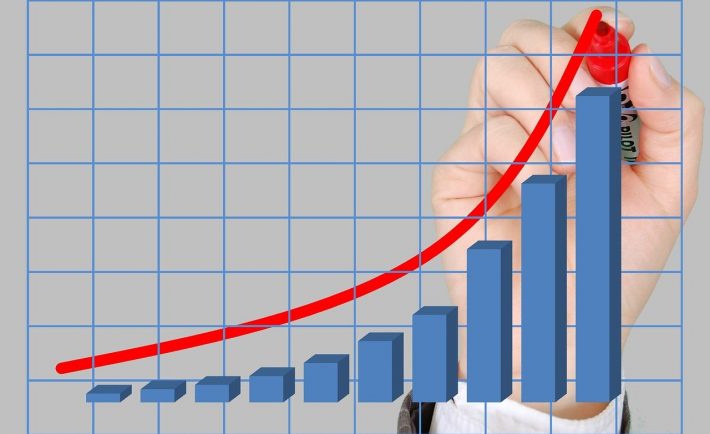Singapore’s inflation may have eased slightly in November 2022, but the Monetary Authority of Singapore (MAS) warned of prolonged pain likely to linger. Risk factors pile up to the nation’s financial vulnerability in the corporate, banking, and housing sectors.
MAS stated, “Amid weakening external demand, the Singapore economy is projected to slow to a below-trend pace in 2023.” It added that “Inflation is expected to remain elevated, underpinned by a strong labor market and continued pass-through from high imported inflation.”
In 2022, the following items were heavily affected by inflation.
#1: GAS AND CAR REPAIRS
Fuel costs skyrocketed in 2022. It saw huge increases in the months of February, March, May, June, October, and November. Moreover, its increased fuel costs spilled over to January 2023. This high fuel costs were driven by the rising global oil and gas prices that were exacerbated by the war in Ukraine. Apart from fuel prices, repair costs definitely took a toll since early 2022.
#2: DELIVERY FEES
Delivery costs increased many companies and restaurants, hammered by inflation and higher fuel rates, passed those costs to consumers. Do you need to cut the costs of online delivery to your budget this 2023?
#3: CLEANING SUPPLIES
The pandemic led us to stay inside our homes more. With the increased demand and effects of inflation, household items became more expensive. Prices of garbage bags, aluminum foil, batteries, and cleaning supplies rose.

Image Credits: pixabay.com
Despite the price hikes, 2022 also saw some unexpected price drops. For instance, television prices sank globally in hopes of lightening their inventory. Major appliances also decreased in price. Used cars also saw a drop in prices. Apart from these observations, clothing retailers have also enticed the consumers with their continuous promotions.
Not to mention, households in Singapore can welcome the new year with lower electricity bills. The tariff for the first quarter of 2023 will decrease by 2.7 per cent. From January 1 to March 31, the electricity tariff before GST will drop from 29.74 cents to 28.95 cents per kilowatt-hour (kWh), said SP Group. This will take effect even as the new goods and services tax (GST) of 8 per cent kicks in.

